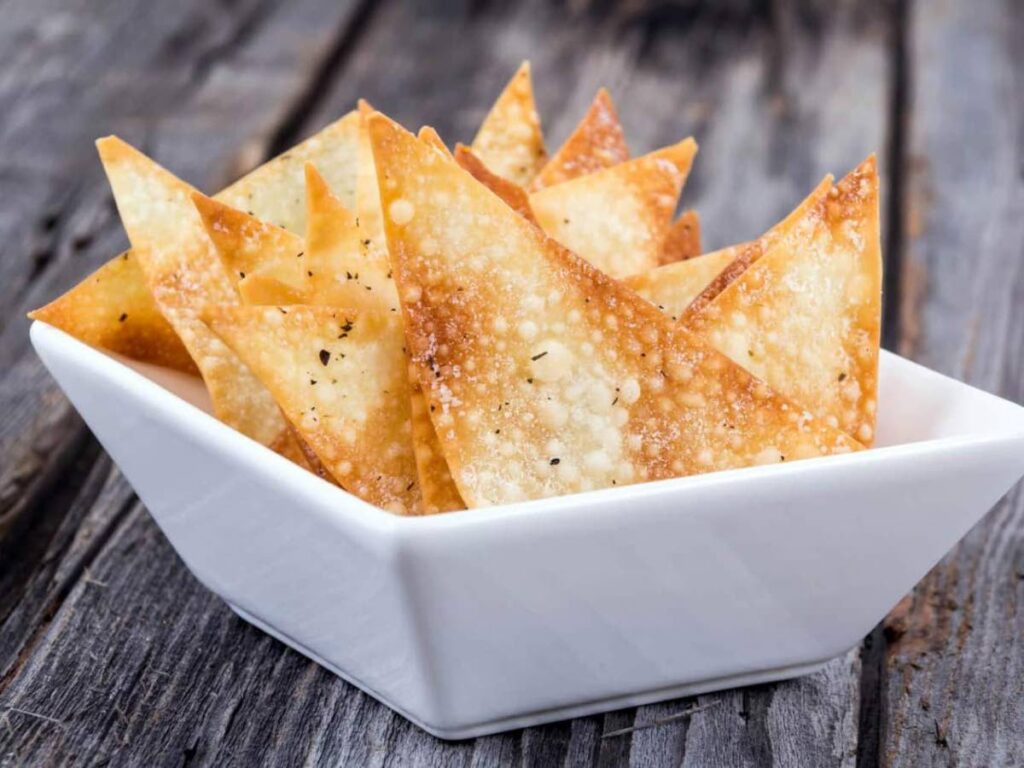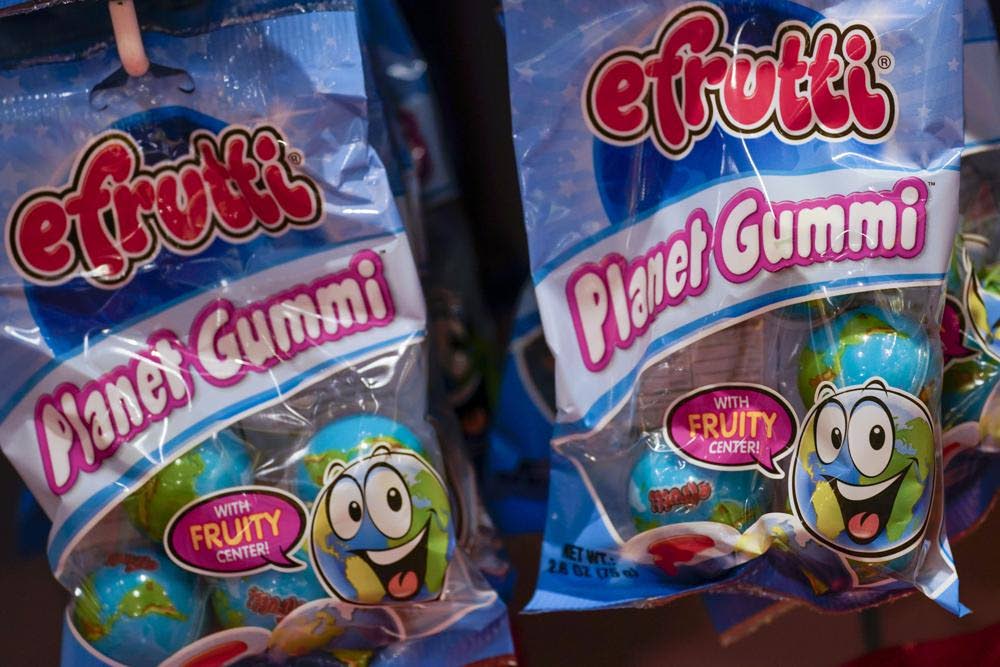Watch the unhealthy snacks

DR MAXWELL ADEYEMI
The question arose recently about health-warning labels to be on unhealthy foods and snacks, just like we have labels for cigarettes. Many might scoff at the suggestion, but it comes as evidence emerges to show that certain foods especially crispy items are bad news as it fuels not just the obesity and heart disease epidemics but is now linked to developmental problems in unborn babies, low brain power, hyperactivity in children and potentially cancers in adults.
Some many of our children and even adults eat unhealthy snacks on a daily basis, some several times a week; they are at risk of these problems.
Snacking on a packet a day can add up to the equivalent of drinking almost five litres of cooking oil per year to their diet. This is in addition to the fat, sugar and salt the pack contains.
All this may seem difficult to believe of those innocent-looking snack bags crowding the shelves in most corner shops and groceries. The fun logos and bright colours mask a product that has been industrially perfected to tantalise our taste buds sometimes to the point of addiction.
The technologies available has enabled the food-making giants to transform many of these unhealthy snacks from the mildly enticing snacks into products designed to smart-bomb our brains craving centres with precision chemistry.
When you pop a crisp in your mouth for example, the taste of salt hits you almost immediately (the "flavour burst"), modern crisps are also loaded with fat to provide the “mouth feel.” These make the experience of eating them pleasurable.
We feel this fat through a nerve called the trigeminal nerve which sits above and behind the mouth. It sends tactile information to the brain – the better the "mouthfeel”, the more we desire it. Combined with the salt and fat is the sugar that is naturally packed in the potato starch, these complete the “trio" of flavours that our instinctive brain naturally craves.
Designed to be addictive
A great weapon the makers of these unhealthy snacks, especially crisps, use is their scientifically honed crispiness; the more noise a crisp makes when you bite it, the more you will like it. But this highly seductive high-intensity burst of fat, sugar and salt comes at a potential price to our health. Consumed in excess, these ingredients are well proven to increase our risk of obesity, hypertension, type two diabetes and coronary disease.

In children, overconsumption can put them on the path to a lifetime of ill health.
According to Dr Dariush Mozaffarian, a cardiologist and food researcher, in a study published in the New England Journal of Medicine, crisps are now the single largest contributor to the obesity epidemic in the US among the unhealthy snacks. The high levels of starches and refined carbohydrates in today's larger-sized, "single serving" packets of crisps can knock awry the levels of glucose and insulin in the blood. This imbalance leads to less feeling of fullness, increasing hunger and a larger amount of food consumed over the course of the day.
Risk to unborn babies
Research now shows that pregnant women who eat large amounts of chips and crisps could be harming their babies as much as if they were smokers. This is due to the presence of a toxic chemical in the snack called acrylamide which is linked to DNA damage. High levels of this chemical, generated when starchy processed foods such as crisps are industrially cooked at high temperatures, are associated with lower birth weights and head circumference in newborns, in addition to subsequent problems such as delayed development of the brain and the nervous system, type two diabetes and heart diseases.
Linked to attention deficit/hyperactivity disorder
Hyperactivity and attention deficit disorder have also been linked to these unhealthy foods. In a research at the University of Erlangen-Nuremberg, Germany, brain imaging of subjects fed on a diet of crisps showed marked differences in activity. Normal areas of the brain normally associated with sleeping were inhibited while areas that control body movements showed more activities than usual. Such changes in humans cause them to display hyperactive behaviour. The brain scan also showed heightened activity in areas linked to hunger, and over stimulation of this area causes hyperphagia (overeating).
Reduced brain power
Toddlers fed on a diet of junk and unhealthy snacks can suffer lasting damage to their brain power. Children who eat more chips, crisps, biscuits and pizza have lower IQ five years later, a study concluded. The difference could be as much as five IQ points compared with children given healthier diets with fruits, vegetables and home-cooked foods. But even if their diet improves, it could be too late as the ill effects can persist for a lifetime. Hence, good nutrition is crucial in the first three years of life when brain grows at its fastest rate.

Damage to teeth
Another harmful effect of crisps and other unhealthy snack consumption is tooth decay, they can stick to the surface of the teeth for hours. On the ingredient list, the sugar content appears low, but that list recognises only simple sugars and ignores the complex forms such as carbohydrates, which the mouth breaks down into sugars.
Need for restrain and discipline
Despite all the damage of over-consumption, the pressure on children to keep snacking can be both powerful and astonishingly insidious.
The advertising strategies have a lasting hold on young brains. The use of celebrities prompts children to eat “endorsed” products, for example.
At a time when the country is facing a growing obesity epidemic, we may need to regulate food adverts much more effectively. Parents need to keep their children’s enjoyment of these snacks at healthily restrained levels.
It is up to all of us to rein in our indulgence, no matter how tantalisingly tempting the manufacturers make their unhealthy snacks.
Contact Dr Maxwell at 363-1807, 757-5411.


Comments
"Watch the unhealthy snacks"